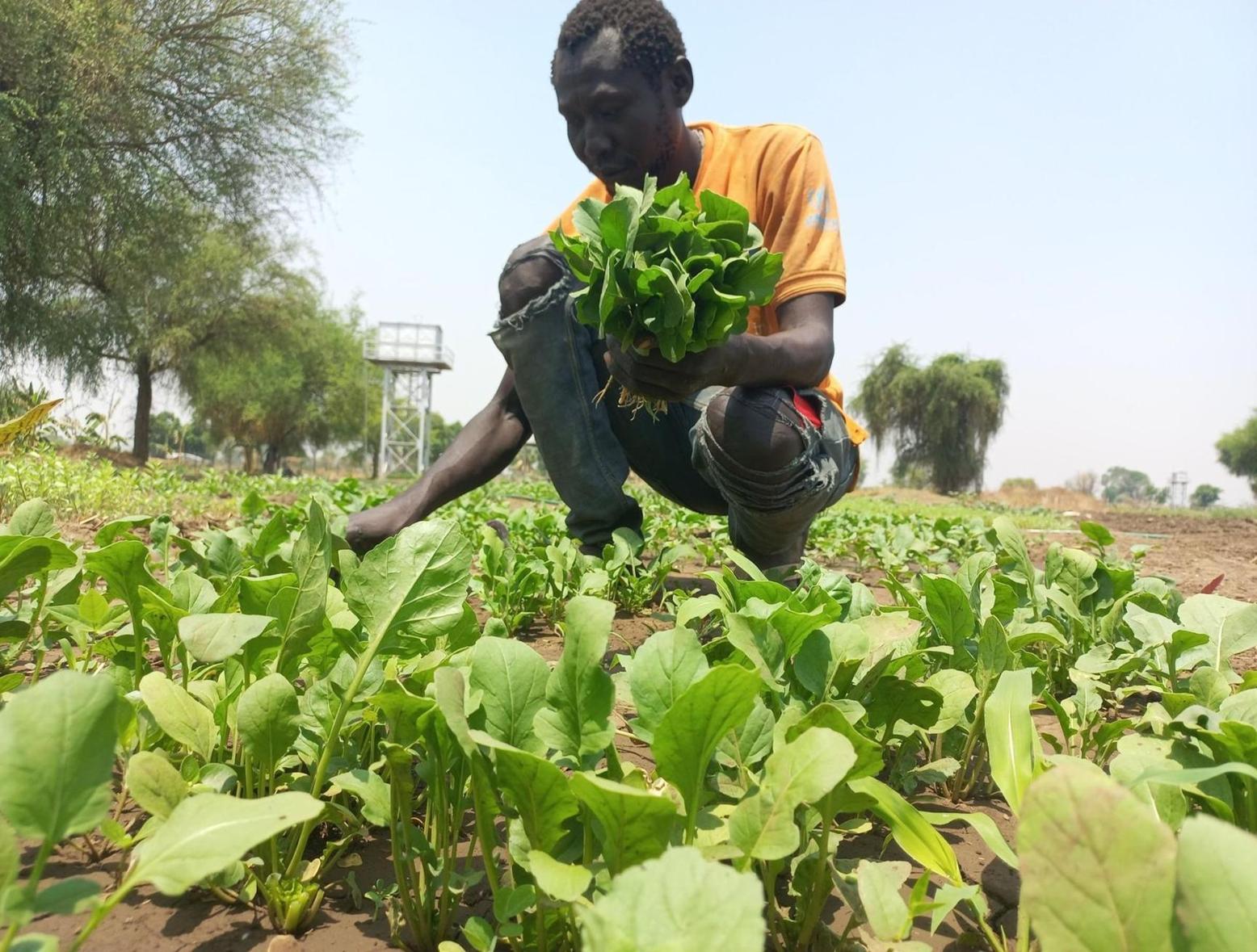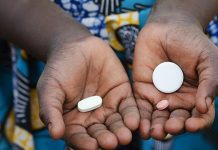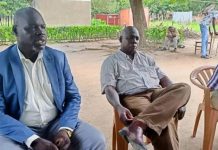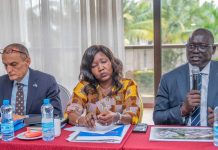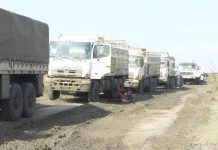Africa-Press – South-Sudan. South Sudan’s Ministry of Agriculture and Food Security, in partnership with the UN Food and Agriculture Organization (FAO), launched a review of the National Agriculture and Livestock Extension Policy on Tuesday to strengthen and modernize the country’s extension services.
Constantine Obura Bartel, the Policy and Institutional Analysis and Development Expert for the United Nations Food and Agriculture Organization (UNFAO), stated that the Ministry prioritizes agriculture, livestock, and fisheries development to help tackle food insecurity.
Bartel mentioned that the Ministry of Agriculture and Food Security has requested a review of nine policies, adding that the drafted policies will be presented to the Council of Ministers before the end of the year.
“Policies are crucial; they are essentially the mandate of the government. To govern effectively, you need to identify the challenges and the policy options and strategic interventions that the government could implement to address the challenges of food insecurity,” Bartel said on Tuesday during the opening of the four-day review of the Agriculture and Livestock Extension Policy at the Ministry of Agriculture and Food Security.
“Given the capacity of the government, both technical and financial, we need to devise the most fitting interventions to address these challenging issues. We hope to involve other constituencies, especially regarding the food reserve policy,” he added.
Augustino Atilio, the Director General of Planning and Policies in the Ministry of Livestock and Fisheries, stated that the government and its partners have commenced the review of the National Agriculture and Livestock Extension Policy to ensure that extension services meet farmers’ needs and improve production and food security.
“We are reviewing agriculture policies that have been identified and prioritized by the Ministry of Agriculture and Food Security. The National Agriculture and Livestock Extension Policy (NALEP) is overdue for revision; it has been in place from 2011 to 2016,” Atilio said.
Atilio revealed that the National Agriculture and Livestock Extension Policy focuses on how to support producers and actors in the agricultural value chain and how to connect farmers with the private sector to ease market access.
“Policy is very important; without it, we cannot support the transformation of the agriculture sector. We need a very instrumental policy that will help advance agriculture in this country,” Atilio stated.
“The extension landscape is changing. Issues of globalization, market and economic challenges, and climate change are emerging. The review is necessary to update the policy and make it more practical and acceptable,” he explained.
South Sudan, an oil-rich country with significant agricultural potential and a vast livestock population of over 36 million, largely imports all its food from neighboring countries amidst skyrocketing inflation.
The review of the National Agriculture and Livestock Extension Policy, spearheaded by the Ministry of Agriculture and Food Security, includes the Ministry of Livestock and Fisheries, the Ministry of Environment and Forestry, the Ministry of Trade and Industry, and the Ministry of Water Resources and Irrigation.
The review of the National Agriculture and Livestock Extension Policy is funded by the African Development Bank, the European Union, the Kingdom of the Netherlands, Norway, and the Japan International Cooperation Agency (JICA).
For More News And Analysis About South-Sudan Follow Africa-Press

